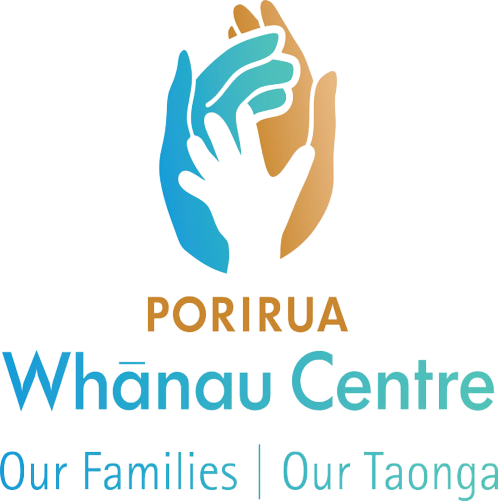Stronger together: The Mana Wāhine journey
Each week at the Porirua Whānau Centre, a group of wāhine gather, not just for connection, but for healing.
The Mana Wāhine programme, co-facilitated by Ailish Kelly, offers a safe and supportive space for wāhine to continue their journey after completing non-violence or safety programmes.
Here, they heal from trauma, fill their kete with tools to face everyday challenges, and practice self-care in a place where they can truly be themselves.
“We realised our wāhine had nowhere to continue their healing once those programmes ended,” Ailish says.
“So, we formed this rōpū to provide a space where wāhine can share their stories, uplift one another, and keep moving forward.”
That safe space has become a lifeline for many, and Ailish says the programme has evolved significantly over the past year.
Previous activities like sound bowl healing and weaving with harakeke have given way to a seasonal rhythm.
“In summer, we went for hīkoi around the motu, Birchfield dam, the monastery. Just getting exercise, being out in nature, we loved the ngahere,” she says.
“We’d also do pūrei rituals, a Māori cleansing practice. At first it was new and challenging, but it became fun, and afterwards the wāhine said they felt relaxed, calm, and restored. It was powerful.”
As the seasons changed, so did the focus. Winter sessions moved indoors to one of the Whānau Centre’s houses, where the wāhine explored trauma bonding, relationships, and self-reflection tools.
One exercise involved writing letters to their younger selves. It was “heavy on the heart, yet uplifting in its impact,” Ailish says.
The rōpū has also created connections beyond weekly gatherings. “Now they’ve got a group chat where they send affirmations to each other,” Ailish smiles.
Some wāhine first came along for practical support.
“They said it was because of the kai boxes,” Ailish admits. “But they’ve stayed for the connection. Now they’re more open. They’re around good support, good wāhine, and they can be themselves. It’s helped them grow in confidence.”
The programme welcomes a wide range of wāhine, from mums to nannies.
“Our oldest is about 70. One of our ladies brings her mum, and she loves it.”
Sessions run weekly during school terms, with smaller spin-off activities like weaving korowai or days at the beach with kaumātua.
For Ailish, the mahi is deeply rewarding. She witnesses wāhine find strength, healing, and sisterhood.


